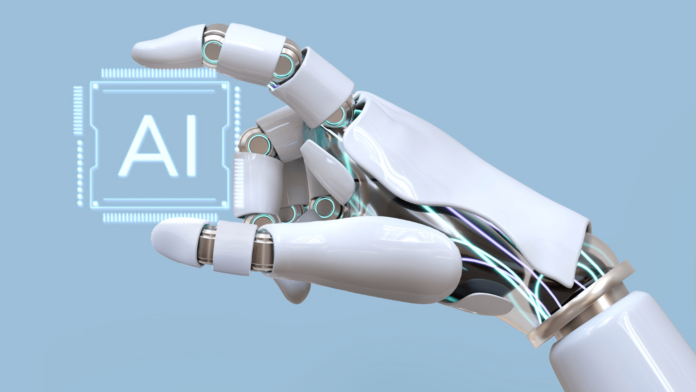The age of artificial intelligence is reshaping the landscape of how we work and interact with technology. Automation and machine learning have become integral parts of various industries, leading to increased efficiency and innovation. In this dynamic environment, knowledge workers must cultivate essential skills to thrive and contribute meaningfully to their respective fields.
The profile of the so-called knowledge worker, those whose main capital is Knowledge, is rapidly changing. According to a study by Computerworld, the number of job openings including a mention of generative AI alone has increased more than 450% year on year. In just 12 months, with the generalisation of tools such as how ChatGPT, Github Co-Pilot, Jasper and so many more, artificial intelligence has already seeped through into dozens of industries and is set to change the way we work in ways that we can even suspect or measure today.
AI adoption is moving at an unforeseen rate and beginning to transform our world, from data centres to consumer apps, with over 8000 AI apps having been created to date, and already over $100 billion invested in private AI companies.
How do workers keep up with this, and adapt in a way that keeps them relevant? I would argue that four core skills or attributes are necessary in this new age. First and foremost, knowledge workers need the ability to seamlessly integrate AI into their workflows. This involves understanding how AI technologies can complement and enhance their tasks, thereby increasing overall productivity. The evolving concept of Gen AI, the collaboration between humans and AI systems, underscores the need for knowledge workers to leverage these technologies to achieve higher levels of efficiency and quality in their work. A great example of this is Sales Representatives. Before AI, sales reps had to prepare for calls, follow-up and constantly track data to make a successful sale. Today, AI can help reps with most of these aspects, giving them a lot more time to focus on actual selling.
In addition to technical proficiency, interpersonal skills emerge as a critical component for success in the age of AI. While automation takes care of routine tasks, ultimately, it’s the human skills that AI cannot replicate which become paramount. Effective communication, leadership, critical thinking, creativity, and emotional intelligence are invaluable assets that enable knowledge workers to thrive in collaborative environments. In client-facing roles, where active query resolution is essential, and in team dynamics, emotional intelligence plays a pivotal role in building and maintaining strong relationships.
Critical thinking in a data-driven environment is another core skill that knowledge workers need to focus on. While AI can analyze vast amounts of data, human critical thinking skills are crucial in interpreting results and making informed decisions, and this isn’t something that can be automatized. Understanding the nuances of data-driven choices and selecting the best course of action requires a human touch that AI alone cannot provide. A conversation between a salesperson and a customer requires critical thinking and a tailored approach. In this phase of engagement with a customer, a human touch is necessary to build trust so that the client feels heard and understood, and so that the salesperson can subsequently respond accordingly – something AI can’t do.
Furthermore, ethical considerations become increasingly important in the age of AI. Knowledge workers must be mindful of the biases inherent in AI models, often stemming from the biases present in the data used for training. Critical thinking plays a massive role here, as workers must navigate through potential pitfalls and produce work that is free from these biases. Emphasizing the importance of ethical knowledge work ensures that AI is deployed responsibly and aligns with ethical guidelines.
In conclusion, the age of AI demands that knowledge workers adapt to new paradigms and acquire skills that complement and go beyond the capabilities of artificial intelligence.
The ability to integrate AI into workflows, excel in interpersonal skills, exercise critical thinking in data-driven environments, and uphold ethical standards are the cornerstones for success in this era. As AI practitioners, individuals should push for faster adoption of AI tools, overcoming misconceptions and fostering a culture that embraces the collaborative potential of humans and AI. Overcoming fears and educating stakeholders about AI’s benefits and limitations are crucial steps toward realizing the full potential of this transformative technology.




